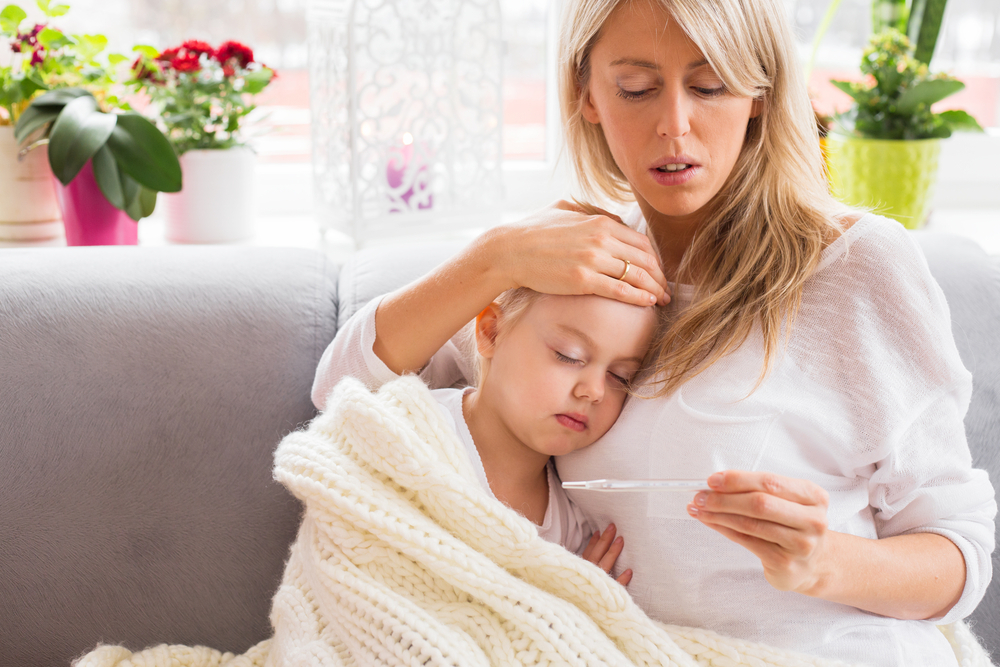A fever can be one of the scariest symptoms a parent encounters, especially when it occurs in their young child. It’s natural as a parent to worry and want to ensure your child is taken care of in the best way possible. The good news is that most fevers don’t require a trip to the emergency room and can be managed at home with some simple interventions. But when should I take my child to the ER for a fever? Let’s dive into what you need to know about managing fevers.
What Is Considered an Emergency Fever and when should I take my child to the ER?
The first thing parents need to understand regarding fevers is what constitutes an emergency situation and when you should take your child to the ER for a fever.

Most of the time, if your child has a fever below 103 degrees Fahrenheit (39.4 degrees Celsius), they do not need medical attention and can be treated at home.
If, however, they develop any additional symptoms such as difficulty breathing or swallowing, severe abdominal pain, or confusion; then it’s time to seek medical assistance right away.
If your child has had a fever that persists beyond three days, even if it’s low-grade (below 103 F/39.4 C), then it’s time for you to contact your pediatrician or take them into urgent care for further evaluation.
Some illnesses like strep throat and urinary tract infections require antibiotics which are only prescribed by doctors after an exam has been done and certain tests have been conducted.
At Home Treatment Options
In between doctor appointments, there are several things you can do at home when your child has a fever that won’t break quickly on its own:
- Give ibuprofen or acetaminophen according to age-appropriate dosing instructions on the package label; follow up-to-date recommendations from your pediatrician about which medication is best for your child based on their age and weight
- Make sure they are hydrated; this means giving them lots of fluids like water or juice throughout the day so they don’t become dehydrated due to sweating caused by the fever
- Keep them comfortable while they rest; make sure they have plenty of blankets and pillows so that they are able to get some much needed rest while their body fights off whatever virus or infection may have caused their fever in the first place
- Monitor their temperature frequently; if you notice any changes in their temperature—especially if it rises above 103 F/39.4 C—then contact their doctor right away for further advice on next steps
Parents should always keep an eye out for signs that might indicate something more serious than just a regular fever when dealing with children who have one.
If your child has symptoms like difficulty breathing or swallowing, severe abdominal pain, confusion, or vomiting along with their fever; then it’s important that you seek medical attention immediately.
Otherwise, staying vigilant about monitoring temperature levels and providing supportive care at home will usually be enough until the fever passes naturally or until further treatment is prescribed by a doctor after an exam has been performed.
Remember…you know your little one better than anyone else does!
Trusting yourself as a parent along with seeking advice from appropriate healthcare professionals will help ensure that both you and your child will get through this scary experience together safely!


